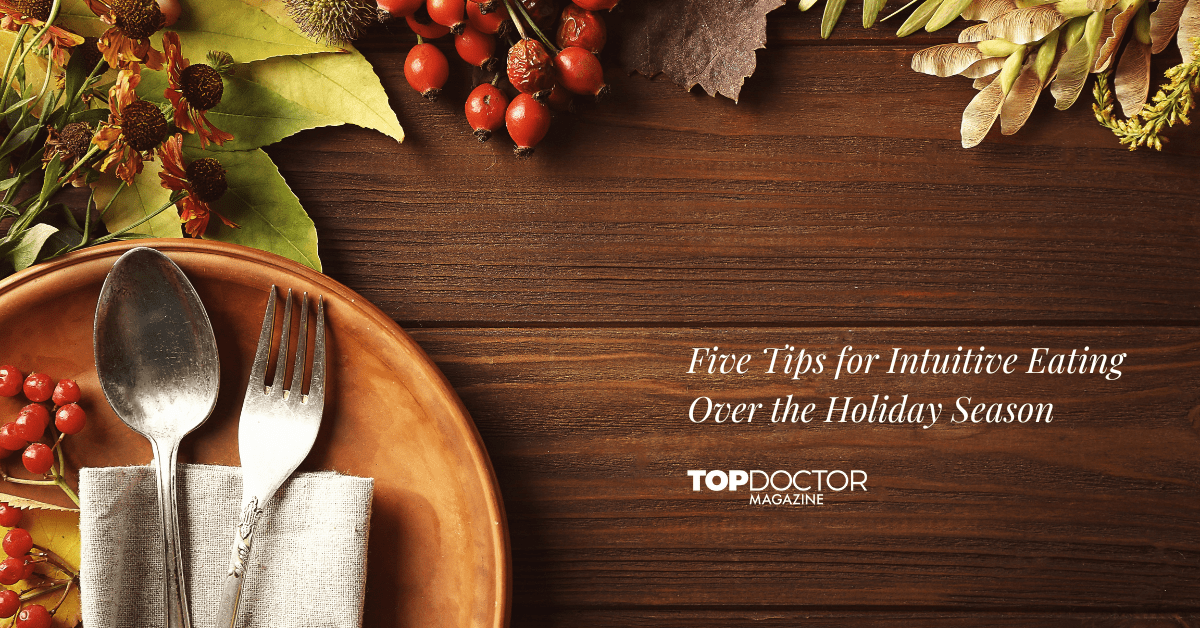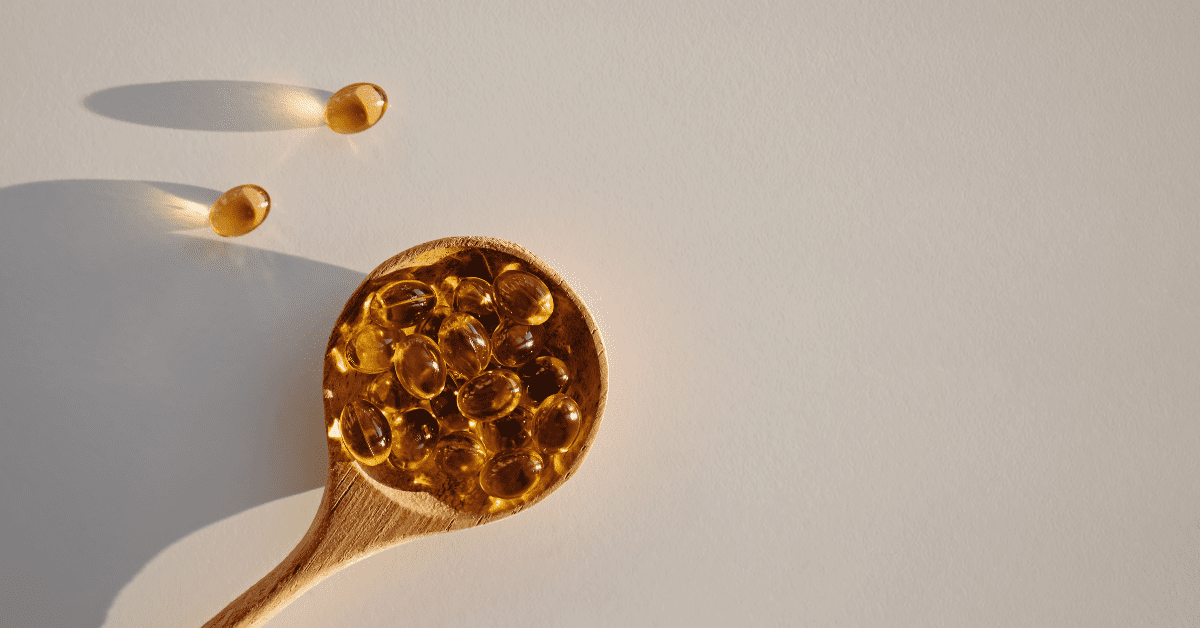Pumpkin, often celebrated as a quintessential symbol of autumn, is more than just a decorative squash for seasonal festivities. It is a highly nutritious and versatile food that has been enjoyed for centuries across many cultures. Pumpkin is packed with essential vitamins, minerals, antioxidants, and fiber, and it offers a wide range of health benefits that make it a valuable addition to any diet.
1. Rich in Nutrients and Low in Calories
One of the most appealing aspects of pumpkin is that it is incredibly nutrient-dense yet low in calories. A cup of cooked pumpkin contains just around 50 calories, making it a fantastic choice for those looking to manage their weight while still enjoying a hearty and nutritious squash. It’s also low in fat, with virtually no cholesterol, which further solidifies its place in a heart-healthy diet.
Pumpkin is high in vitamins and minerals, particularly vitamin A, which is essential for maintaining healthy vision, immune function, and cell growth. One cup of cooked pumpkin provides over 200% of the recommended daily intake (RDI) of vitamin A, primarily due to its high beta-carotene content, which the body converts into vitamin A.
2. Excellent Source of Antioxidants
Pumpkin is loaded with antioxidants, compounds that neutralize the body’s free radicals body. Free radicals are unstable molecules that can cause oxidative stress and contribute to chronic diseases, including heart disease, cancer, and neurodegenerative disorders. The primary antioxidants found in pumpkins include beta-carotene, alpha-carotene, and lutein.
Beta-carotene is especially notable, as it has been shown to support vision and immune function and potentially reduce the risk of certain cancers. Research has suggested that people who consume a diet high in beta-carotene have a lower risk of lung, prostate, and colon cancer. Additionally, lutein and zeaxanthin found in pumpkin may help protect the eyes from age-related macular degeneration and cataracts, two common conditions that affect the elderly.
3. Boosts Immune Function
Pumpkin is an excellent immune-boosting food, thanks to its high content of vitamins A, C, and E. Vitamin A plays a critical role in regulating the immune system and helping the body fight off infections. Vitamin C, found in moderate amounts in pumpkin, further supports immune function by stimulating the production of white blood cells, which help protect the body from viruses and bacteria.
Moreover, vitamin E, another antioxidant in pumpkin, helps maintain skin health by neutralizing oxidative damage that can weaken the skin barrier, leaving the body more susceptible to infections.
4. Supports Heart Health
Heart disease is one of the leading causes of death worldwide, and dietary choices play a crucial role in its prevention. Pumpkin can be a heart-friendly addition to your diet due to its high potassium and fiber content. Potassium helps regulate blood pressure by counteracting the effects of sodium, and research has shown that people who consume more potassium tend to have lower blood pressure and a reduced risk of stroke.
Pumpkin is also rich in dietary fiber, which can lower harmful cholesterol levels (LDL) and help maintain a healthy weight. The soluble fiber in pumpkin works by binding to cholesterol and preventing its absorption into the bloodstream, thus reducing overall cholesterol levels and lowering the risk of cardiovascular diseases.

5. Promotes Healthy Digestion
The fiber in pumpkin benefits heart health and plays a crucial role in promoting healthy digestion. Fiber adds bulk to stool, helping to prevent constipation and promote regular bowel movements. A fiber-rich diet is also associated with a lower risk of gastrointestinal issues like diverticulitis and colon cancer.
Moreover, pumpkin’s high water content further supports hydration, essential for maintaining a healthy digestive tract. This combination of fiber and hydration helps keep the digestive system running smoothly, preventing discomfort and ensuring nutrient absorption.
6. Aids in Weight Loss and Satiety
For individuals looking to lose or maintain a healthy weight, pumpkin can be a great addition to meals and snacks. The high fiber content in pumpkin can promote a feeling of fullness and satiety, reducing the overall amount of calories consumed during meals. Foods high in fiber slow down digestion, which helps prevent overeating and keeps you feeling satisfied for longer.
Pumpkin’s relatively low calorie and fat content means it can be enjoyed in various dishes, from soups to baked goods, without adding significant calories to the meal. This makes it a valuable food for those following weight-loss diets or trying to manage their caloric intake.
7. Supports Skin Health
Due to its high content of vitamins A and C, pumpkin is often praised for its skin benefits. Vitamin A promotes skin cell regeneration and helps repair damaged skin, while vitamin C is essential for producing collagen, a protein that helps keep skin firm and youthful. The antioxidants in pumpkin also protect the skin from oxidative stress and environmental damage, which can accelerate signs of aging, such as wrinkles and fine lines.
Pumpkin can even be used topically as a natural exfoliant or face mask, helping to rejuvenate the skin and give it a healthy glow. The enzymes and alpha hydroxy acids in pumpkin help to dissolve dead skin cells, making it a natural option for achieving smoother, more radiant skin.
8. Improves Eye Health
The high concentration of beta-carotene in pumpkin is well-known for supporting eye health. When consumed, beta-carotene is converted into vitamin A, which is critical for maintaining good vision and preventing night blindness. Studies have shown that a diet rich in beta-carotene can also reduce the risk of developing cataracts and age-related macular degeneration.
In addition to beta-carotene, pumpkin contains lutein and zeaxanthin, two particularly beneficial antioxidants for eye health. These antioxidants help filter harmful blue light and protect the retina from damage, which can reduce the risk of chronic eye diseases over time.
9. Helps Reduce Cancer Risk
Pumpkin’s high antioxidant content, particularly beta-carotene, may play a role in reducing the risk of certain cancers. Antioxidants help neutralize free radicals, which can cause oxidative damage to cells and contribute to cancer development. Several studies have linked high beta-carotene intake with a reduced risk of lung, prostate, and colon cancers.
Additionally, pumpkin seeds contain compounds called phytosterols, which have been found to reduce the growth of certain cancer cells. Regularly consuming pumpkin seeds may contribute to a reduced risk of developing some forms of cancer, including stomach, breast, and lung cancers.
10. Versatile in Culinary Use
Pumpkin is a highly versatile food that can be incorporated into a wide variety of dishes, both savory and sweet. From soups and stews to breads and desserts, pumpkin’s mild flavor and creamy texture make it an ideal ingredient in numerous recipes. Its naturally sweet taste makes it a great alternative to sugar in baked goods, while its fiber and nutrient richness enhance any dish’s healthfulness.
The pumpkin’s seeds, flesh, and even skin can be used in cooking, providing a range of textures and flavors. Roasted pumpkin seeds, for example, are a popular snack rich in protein, healthy fats, and zinc.
Healthy Pumpkin Protein Muffin Recipe
Now that we’ve explored pumpkin’s numerous health benefits, let’s incorporate this superfood into a delicious and healthy recipe: Pumpkin Protein Muffins. These muffins are packed with fiber, protein, and the wonderful nutritional benefits of pumpkin, making them a perfect snack, breakfast, or post-workout treat. Plus, they’re low in sugar and free from refined grains, keeping them wholesome and nutritious.
Ingredients:
– 1 cup canned pumpkin purée (unsweetened)
– 1 cup oat flour (you can blend oats into a flour)
– 1/4 cup almond flour
– 1/2 cup vanilla protein powder (choose your favorite kind: whey or plant-based)
– 1/4 cup unsweetened almond milk (or any other plant-based milk)
– 2 large eggs
– 1/4 cup maple syrup or honey (for natural sweetness)
– 1 tsp vanilla extract
– 1 tsp baking powder
– 1/2 tsp baking soda
– 1/2 tsp cinnamon
– 1/4 tsp nutmeg
– 1/4 tsp ground ginger (optional for more spice)
– A pinch of salt
– 1/4 cup chopped walnuts or pumpkin seeds (optional, for extra crunch)

Instructions:
- Preheat the oven to 350°F (175°C) and prepare a muffin tin with liners or by lightly greasing it.
- Mix wet ingredients: In a large bowl, whisk together the pumpkin purée, eggs, almond milk, maple syrup, and vanilla extract until smooth and well combined.
- Add dry ingredients: In another bowl, combine the oat flour, almond flour, protein powder, baking powder, baking soda, cinnamon, nutmeg, ginger, and salt. Mix well to ensure the leavening agents are evenly distributed.
- Combine the two: Gradually add the dry ingredients into the wet mixture, stirring until just combined. Be careful not to overmix, as this can result in dense muffins.
- Fold in walnuts or seeds (if using) for added texture and crunch.
- Fill the muffin tins: Pour the batter evenly into the prepared muffin tin, filling each liner about 3/4 of the way full.
- Bake for 18-22 minutes, or until a toothpick inserted into the center of a muffin comes out clean.
- Cool: Let the muffins cool in the pan for a few minutes before eating them.







0 Comments